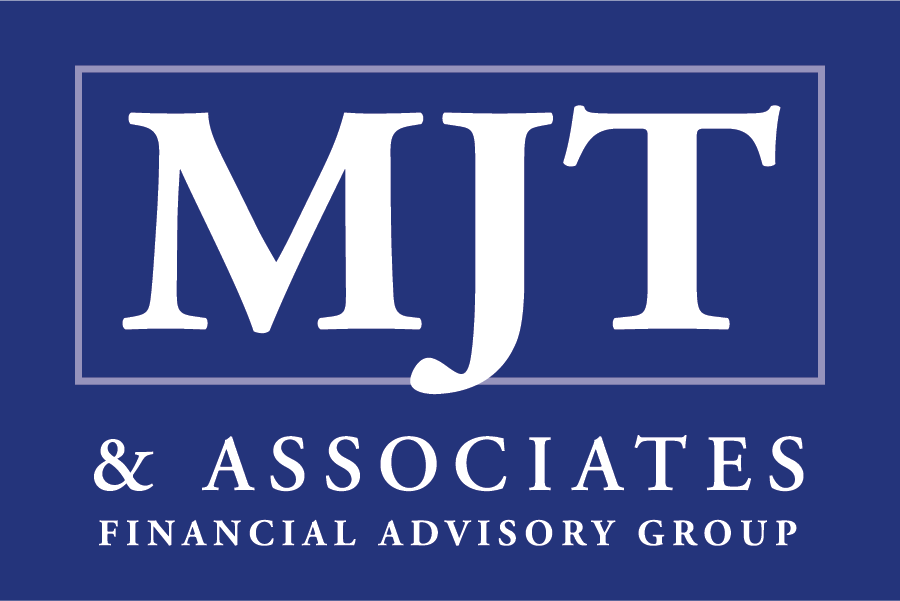Protecting What Matters Most
Your wealth is more than numbers on a balance sheet - it’s a reflection of your life’s work, values, and the future you want for your loved ones. Legacy planning ensures that the assets you’ve built are preserved, protected, and passed on according to your wishes.
We help you design a clear plan that not only transfers wealth efficiently but also reduces taxes, minimizes family stress, and provides lasting impact for generations to come.
Our Legacy Planning Services Include:
Estate Plan Coordination – Working alongside your attorney to align wills, trusts, and legal documents with your financial goals.
Wealth Transfer Strategies – Reducing estate and gift taxes while maximizing what you leave to heirs.
Charitable Giving Plans – Structuring philanthropic gifts to support causes you care about while providing tax benefits.
Beneficiary Reviews – Ensuring account titling and designations match your intentions.
Family Meetings & Education – Helping prepare heirs to manage and preserve family wealth responsibly.
Ongoing Plan Updates – Keeping your legacy plan current as tax laws and life circumstances change.
Why It Matters
Without a thoughtful legacy plan, your estate may face unnecessary taxes, delays, and conflicts. With the right strategies in place, you can:
- Preserve more of your wealth for loved ones
- Protect heirs from avoidable legal or tax burdens
- Ensure your values and wishes are carried out
- Support causes that are meaningful to you
- Building a Legacy of Confidence
A strong legacy plan provides peace of mind today and a lasting impact tomorrow. We’ll work closely with you—and your other trusted advisors—to ensure your wealth is passed on smoothly and intentionally.
Your legacy is more than money. Let’s make sure it reflects what matters most to you.
Frequently Asked Questions About Legacy Planning
What is legacy planning and why do I need it?
Legacy planning is a comprehensive approach to preserving and transferring your wealth according to your wishes while minimizing taxes and family conflicts. It goes beyond a simple will to include estate plan coordination, beneficiary reviews, wealth transfer strategies, and charitable giving plans. Without proper legacy planning, your estate may face unnecessary taxes, probate delays, and legal disputes that can significantly reduce what your loved ones inherit. A thoughtful legacy plan ensures your assets are protected, your values are honored, and your heirs are prepared to manage the wealth you've worked your lifetime to build.
How can legacy planning reduce estate taxes for my family?
Legacy planning incorporates strategic wealth transfer techniques designed to minimize estate and gift taxes while maximizing what goes to your heirs. This includes coordinating with your attorney to structure trusts effectively, timing gifts strategically, utilizing charitable giving for tax benefits, and ensuring your account titling and beneficiary designations align with tax-efficient strategies. As tax laws change, ongoing plan updates keep your legacy plan optimized. By proactively addressing tax implications, you can preserve significantly more of your wealth for future generations rather than losing it to avoidable tax burdens.
Should I include my family in the legacy planning process?
Yes, family involvement can be crucial for successful legacy planning. Family meetings and heir education help prepare the next generation to manage and preserve wealth responsibly, reducing the risk of mismanagement or family conflicts after you're gone. These conversations allow you to communicate your values and intentions clearly, address questions or concerns, and ensure everyone understands their role. While some aspects of your plan may remain private, involving family members appropriately can strengthen relationships, provide clarity, and give you confidence that your legacy will be managed according to your wishes.
How often should I update my legacy plan?
Your legacy plan should be reviewed and updated regularly—ideally every 3-5 years or whenever significant life changes occur. Major events that warrant immediate review include marriage, divorce, birth of children or grandchildren, death of a beneficiary, substantial changes in wealth, relocation to a different state, or changes in tax laws. Additionally, beneficiary designations on retirement accounts and insurance policies should be verified annually to ensure they align with your current wishes. Ongoing plan updates are essential because outdated estate documents can lead to unintended consequences, family disputes, or missed opportunities for tax savings.

Leaving a Tax-Free Legacy: How Roth Conversions Benefit Your Heirs
When your heirs inherit a Roth IRA, they receive it completely tax-free. Strategic conversions today create tax-free wealth for decades.
Read Article

Blended Family Legacy Planning: How to Protect Everyone's Interests
Estate planning for blended families is genuinely complex. Competing loyalties, complicated dynamics, and personal values all intersect with legal and financial considerations.
Read Article

The Digital Legacy Checklist: Protecting Your Online Life After You're Gone
We help clients build comprehensive legacy plans that protect both traditional and digital assets. Here's what you need to know about planning your digital legacy, and why it matters more than you think.
Read Article

Why a Trust May Be Smarter Than a Will for Your Family’s Future
Discover when a trust beats a will for estate planning. Learn how trusts provide privacy, avoid probate, and offer better control over asset distribution—even if you're not ultra-wealthy.
Read Article










